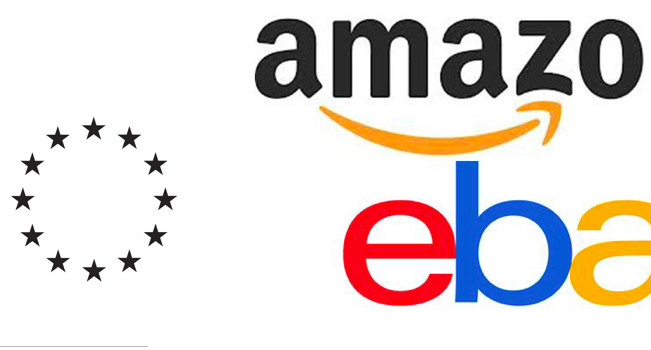From 2021, marketplaces will probably be required to collect EU VAT on sales by non-EU merchants and pay such VAT to the concerned EU country.
Multiple provisions imposing VAT obligations on marketplaces are likely to be included in a proposed EU VAT Directive that boldly reforms the VAT framework for distance sales of goods (tentatively, to be approved by the year end).
These measures are meant to tackle the trend of VAT evasion on e-commerce (5 billion Euros every year, as estimated by the EU Commission in 2016).
The three, alternative scenarios covered by the new VAT Directive would be:
1. Non-EU merchants shipping products from overseas with marketplace intervention: as said, the marketplace will be deemed by law to be the VAT subject for all VAT requirements for those sales not exceeding Eur 150, regardless of the circumstance that, legally, is the non-EU merchant to act as the seller;
2. Non-EU merchants shipping products directly from overseas outside a marketplace: VAT will be collected by the non-EU merchant at the point of sale and then paid to the EU State immediately, by electronic means. To use this special import scheme, the non-EU merchant will most likely need to designate an EU intermediary;
3. Non-EU merchants using EU-based fulfilment houses to store, pick & pack and ship the products for last-mile delivery (e.g., Amazon FBA): in this case, the EU fulfilment house will be jointly and severally liable withthe non-EU merchant for any unpaid VAT, unless the warehouse is able to prove its good faith and lack of fault or negligence.
Technically speaking, it is a different scenario than that described under 1) above. In this case, the VAT subject would bethe seller; however, in case of any VAT evasion and under strict circumstances, the VAT liability will “extend” to the warehouse.
There are some doubts and concerns about this part of the envisaged reform.
First, it will dramatically increase the administrative burden for marketplaces and fulfilment houses. In practice, under the new VAT framework, Amazon FBA and other players will need to audit the activities of their merchants for VAT purposes (we should so expect an increase in their service fees).
Also, chance is that the part of the reform concerning fulfilment house will be enacted in 2018. A very, very short notice.
The reform goes hand in hand with the removal of the VAT small consignment exemption on parcels imported with a value lower than 10/22 euros and the simultaneous creation of a fast-track procedure for e-commerce customs clearance purposes (likewise, from 2021).
Clearly, we are heading towards an era of real-time, online collection of taxes by those players who facilitate online sales – as, outside the EU, a recent agreement between Airbnb and the Canadian tax authorities prove.
It is easier, for tax collectors, to monitor one subject, the marketplace, instead of hundreds of thousands of foreign merchants.
We shall see.

